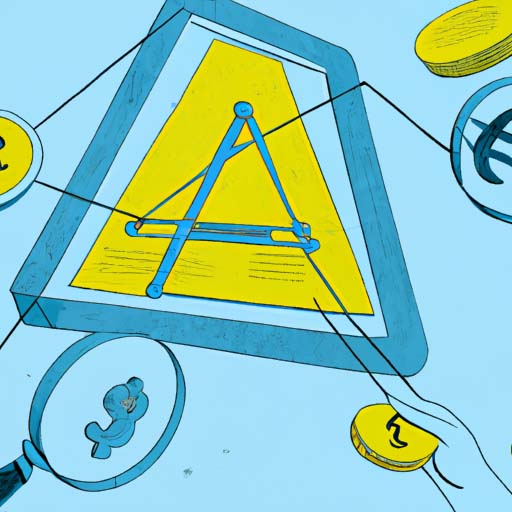TLDR:
- Europe’s climate tech sector was resilient against the worst of the venture capital downturn in 2023.
- Startups operating in energy and biodiversity will remain in demand, with M&A expected to thrive.
2023 was a year to forget for founders as venture capital investment continued its collapse while thousands of startups went bankrupt. Founders operating in the climate tech sector were somewhat insulated against the worst of the downturn, thanks in part to a series of regulations that forced businesses to reduce their impact on the environment. Venture funding to European startups was to be cut in half to $45 billion in 2023, Atomico predicted in its October report, considerably more than the 25% drop expected in investment to Europe’s climate tech startups. Deals for the likes of battery maker Northvolt and German heat pump startup 1Komma5 were standouts in 2023.
Investors told BI that climate tech would be defined by down rounds, layoffs, employees jumping ship, bankruptcies, and a lack of talent in hands-on businesses such as retrofits in 2024. But the industry will still continue to benefit from strong regulatory tailwinds as well as a maturing financing landscape and an uptick in the volume of experienced founders operating in the space, they said. Valuations are on an upward trajectory for a select few companies – such as those that are software-based and have second-time founders, investors said. The less fortunate startups will have no choice but to take a haircut on their pandemic-era valuations.
Mergers and acquisitions (M&A) are on an upward trajectory, with companies that do manage to get funding gobbling up those who don’t. They know it’s a good time to pick up strategic buys, said Norrsken GP Agate Freimane. Energy will continue to be a dominant theme in 2024, investors told BI. Many VCs are focused on scalable plays centered around software and data, such as using AI to map transmission line routes while factoring in environmental impact, platforms to optimize industrial energy use, and consumer energy efficiency tools. Startups operating in the space are still grappling with the fragmented nature of the European market. Biodiversity is earning a higher profile from both a regulatory and corporate perspective, but “everyone’s realizing that it’s an incredibly difficult nut to crack,” said Aenu’s Brewster. The intersection of AI and climate will also continue to gain momentum amongst investors – but it won’t be a huge disrupting force.






